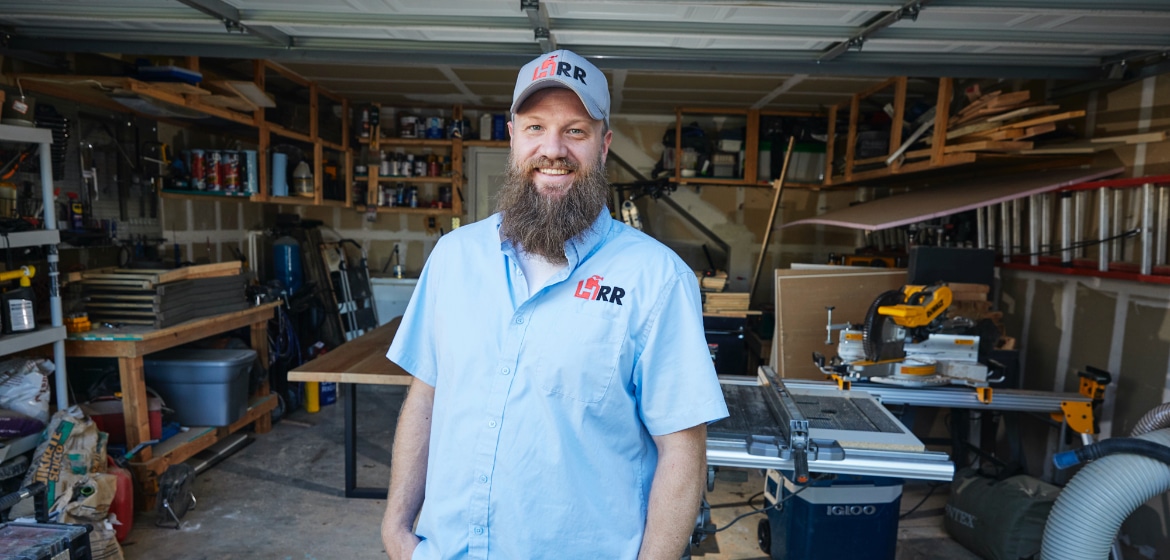Did you know that small businesses make up nearly all Oregon companies and employ about 55 percent of the state’s workforce?1 That is a significant part of the Beaver State’s economy.
Oregon small businesses need the protection of business insurance. It can keep your business going when unexpected events occur, such as:
- Claims of personal injury or property damage
- Accusations of professional negligence
- Workers getting hurt on the job
- Damage to business property
- Auto accidents while driving for business
NEXT is 100% dedicated to small business and insures more than 1,300 types of small businesses and self-employed workers. We make it easy for you to get the right coverage at the right price and purchase your policy online in less than 10 minutes.*
Continue reading to learn about important types of business insurance in Oregon. Or get a free instant quote to see customized coverage options for your business.

















